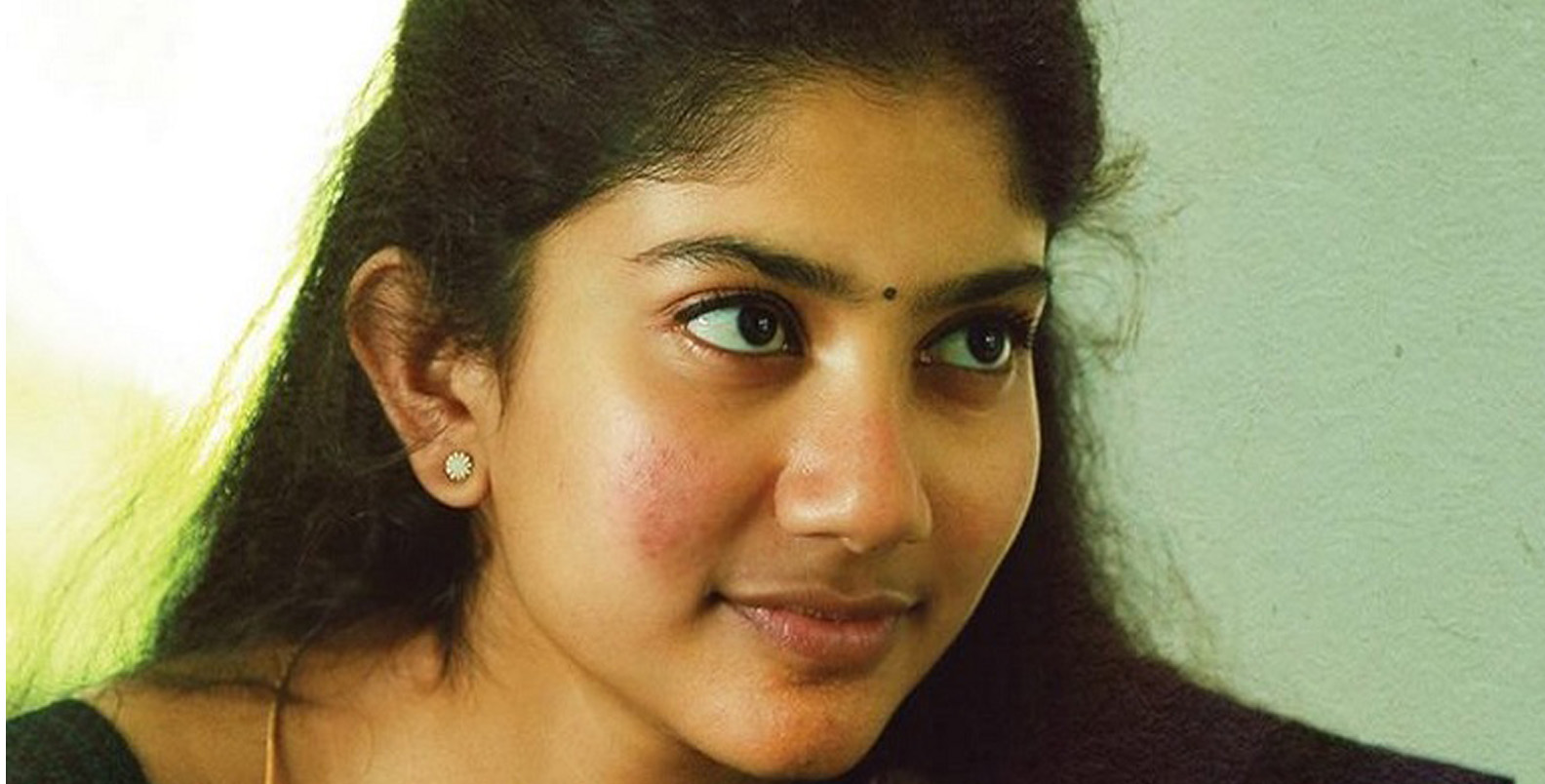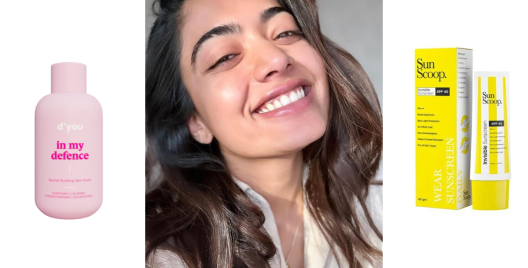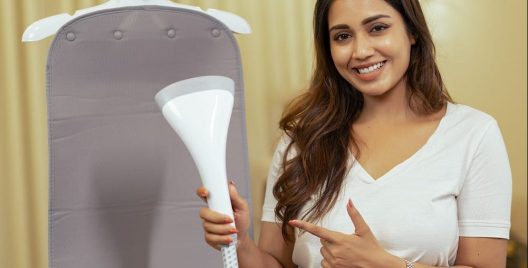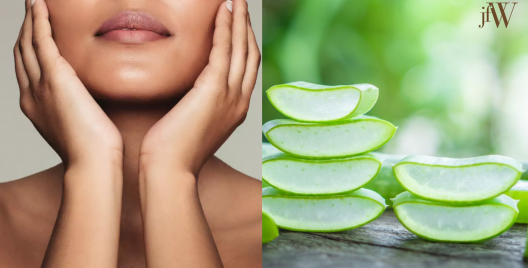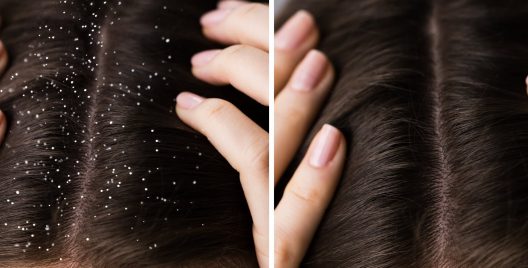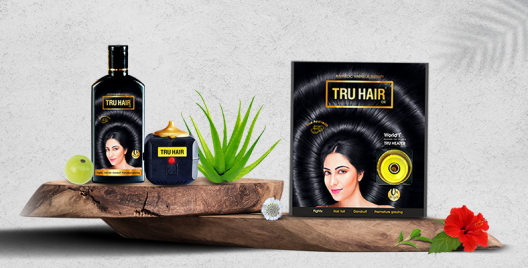Adult acne is a very real issue faced by women of all shapes, sizes and ages. Acne appears on the body and the face and may leave behind scars. Why does acne develop? How do we cure it?
Remember the seesaw teenage years when your hormones were flying all over the place and your skin was a reflection of all the million changes occurring in your body? As you heave a sigh of relief that your struggle with acne is a thing of the past, you should also be aware the acne can develop in adults.
What exactly is acne? The emergence of a pimple after a hard night of partying? Or maybe a sign of an overly active sweet tooth? Well, acne can best be described as a chronic disorder of hair and sebaceous (oil secreting) glands. The condition usually starts in adolescence and resolves by mid twenties, but in some individuals it can persist beyond the age of 25 years.
1. Studies have shown that acne occurs in a large percentage of adult women. What usually triggers adult acne?
Answer: 15% of women develop adult acne, also called as post adolescent acne. It is of two types:
– Persistent acne with onset of teenage.
– Late onset in women who are beyond 30 years of age.
Triggers include excess oil, facials, cosmetics, stress, drugs like steroids, perimenopause, menopause, premenstrual, friction, pressure and sunlight.
2. What are the symptoms of adult acne and how can you tell if it is acne as opposed to a rash or boils?
Answer: Adult acne is predominantly inflammatory and very persistent. Large closed comedones are seen resulting in scarring. Acnes are commonly seen over the jaw line, face, neck, chin, upper lip, chest or back. Only dermatologists will be able to differentiate acne from other rashes and boils.
3. Is the treatment for acne on the body different than for the face in adults?
Answer: No. Treatment of body acne does not differ from acne of the face.
4. What are your recommendations for treating adult acne?
Answer: Treatment of adult acne is similar to that of adolescent acne. It has to be kept in mind that the skin is drier in adults than adolescents and if you have been afflicted since adolescence, it needs aggressive treatment. For relatively mild forms of the disease, cleansers, antibiotics, (creams and lotions) anti-androgens, oral contraceptives, androgen receptor blockers, retinoids and blue light therapy can be used as per the advice of dermatologist.
5. Do you have any diet and exercise suggestions for those who suffer from adult acne?
Answer: Dietary factors, particularly sweets, chocolates and fatty foods are frequently regarded by patients and clinicians as a cause or aggravator of acne. However, there is still paucity of scientific evidence to prove a causal relationship between diet and acne. A low glycemic diet resulted in significant loss of weight when compared to a high glycemic diet, suggesting that weight loss may be the trigger for this positive effect. Weight reduction by exercise may have a similar effect.
6. Does age play a factor in the development of acne?
Answer: Yes. Based on the hormonal fluctuations in the body, flare ups can occur during perimenopause, menopause and pregnancy – all significant phases in an adult woman’s life.
7. A lot of women affected by acne carry scars or marks long after, what do you recommend for the treatment of the marks?
Answer: Various modalities like lasers and intense pulsed light treatments are available which can be customized as per the individual’s need.




